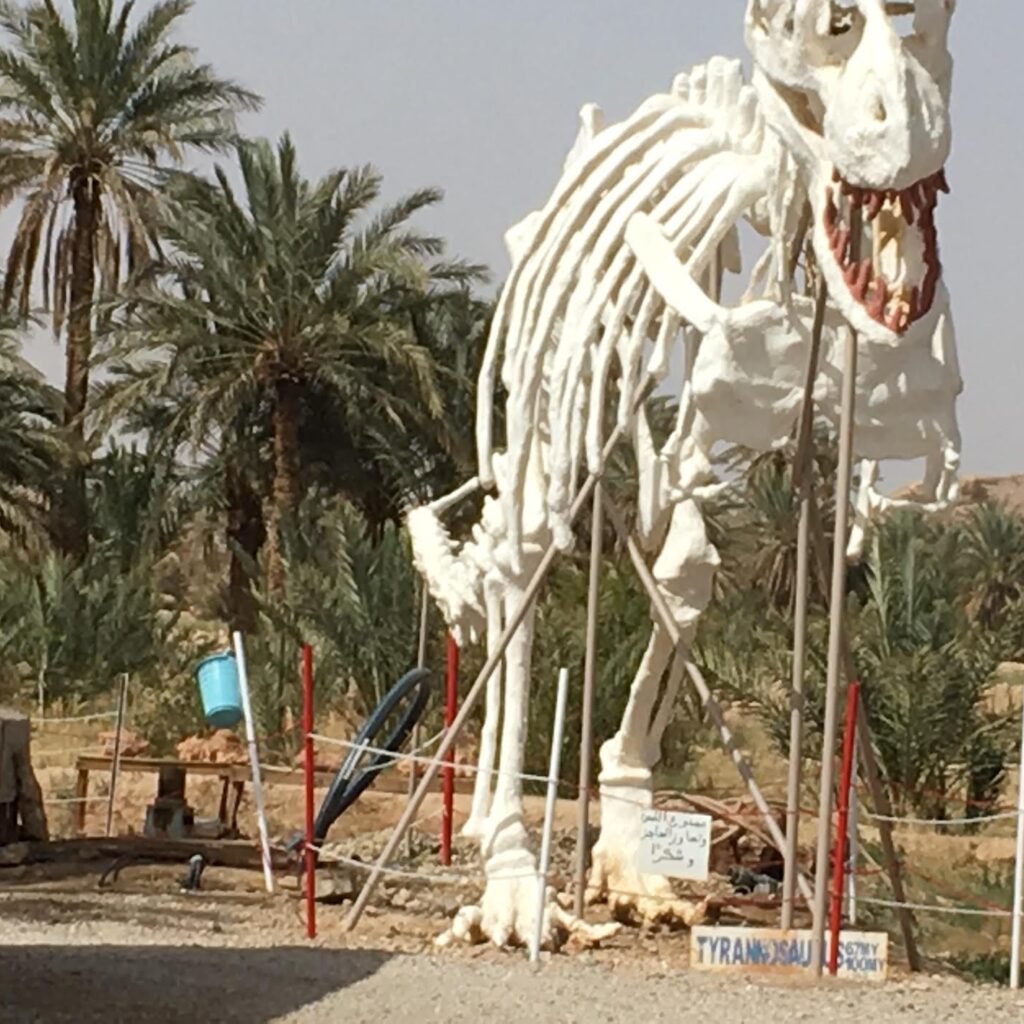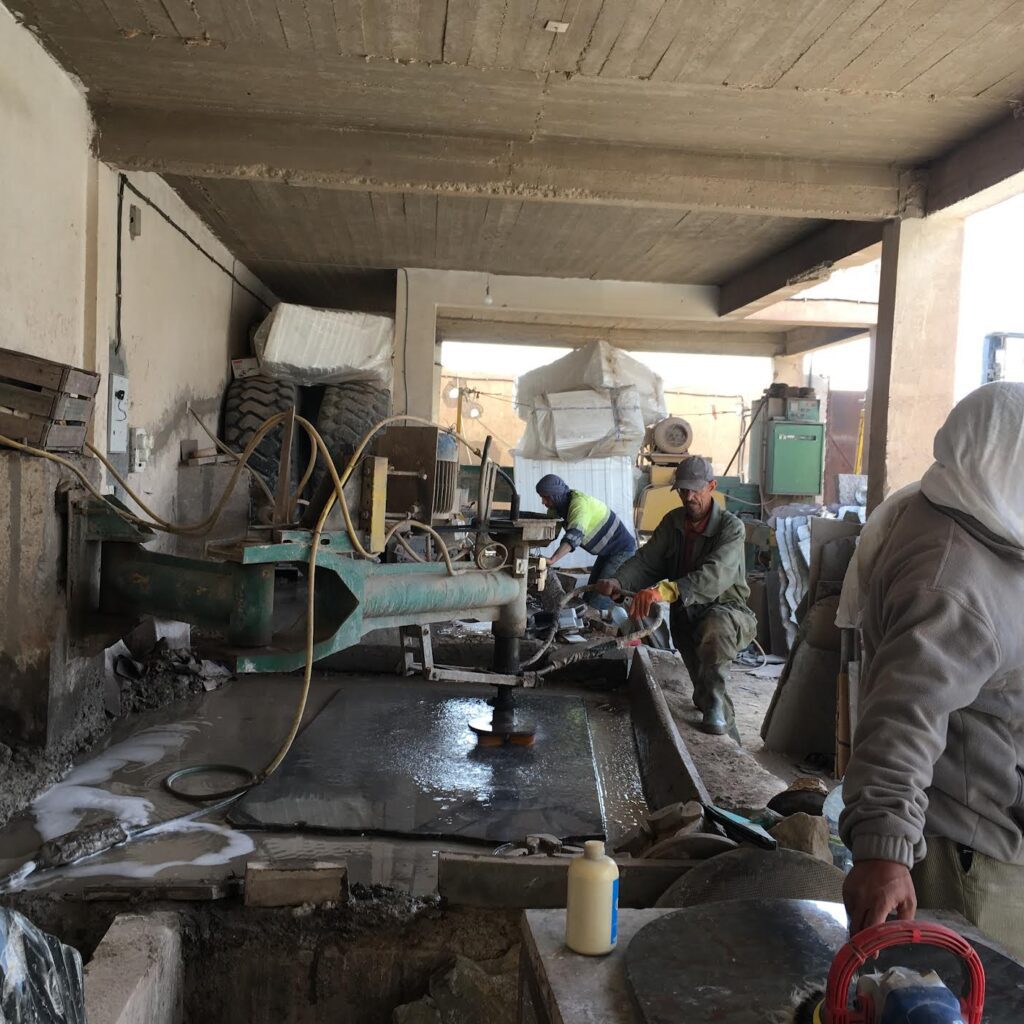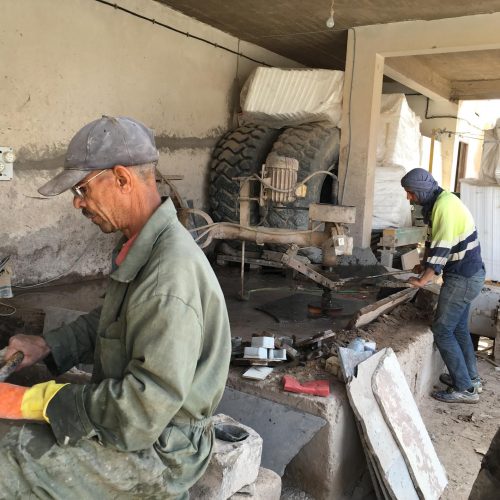


Unearthing Treasures From the Past
Fossil hunting in Morocco is an adventure that offers a rare glimpse into the ancient history of the Earth. The country’s diverse landscapes, from the vast Sahara Desert to the rugged Atlas Mountains, provide a unique backdrop for discovering some of the most well-preserved fossils in the world. Morocco is renowned for its rich fossil deposits, which include an array of prehistoric creatures ranging from trilobites and ammonites to dinosaurs and marine reptiles.
The Rich Fossil Heritage of Morocco
Morocco’s fossil heritage is a testament to the country’s geological diversity and its ancient past. The region has been a treasure trove for paleontologists and amateur fossil hunters alike, offering an abundance of specimens that date back hundreds of millions of years. The most notable fossil sites are found in the Kem Kem beds, the Anti-Atlas Mountains, and the region of Erfoud, which is famous for its trilobite fossils.
The Sahara Desert
The Sahara Desert, with its vast, arid expanse, is a surprising hotspot for fossil hunting. The desert’s Kem Kem beds are particularly famous for their Cretaceous-period fossils, including the remains of large predatory dinosaurs like Spinosaurus and Carcharodontosaurus. These beds also contain fossilized remains of ancient fish, crocodiles, and turtles, providing a comprehensive snapshot of the ecosystem that existed millions of years ago.
The Anti-Atlas Mountains
The Anti-Atlas Mountains are another key region for fossil discoveries. These mountains, which are part of the larger Atlas Mountain range, have yielded numerous fossils from the Paleozoic era, particularly trilobites. Trilobites, which are marine arthropods that lived hundreds of millions of years ago, can be found in abundance here, often preserved in stunning detail. The limestone and shale formations in the Anti-Atlas are rich with these and other marine fossils, making it a prime location for fossil hunting expeditions.
Erfoud and its Trilobites
Erfoud, a town located on the edge of the Sahara Desert, is world-renowned for its trilobite fossils. These ancient creatures, which thrived in the seas during the Paleozoic era, are found in remarkable numbers and diversity in this region. The local fossil workshops and museums offer visitors a chance to see these impressive specimens up close and learn about their significance. Fossil hunting tours in Erfoud provide an immersive experience, allowing enthusiasts to explore the fossil-rich beds and uncover their own ancient treasures.
The Experience of Fossil Hunting
Fossil hunting in Morocco is more than just a scientific endeavor; it is a journey into the past that evokes a sense of wonder and discovery. The process of uncovering these ancient relics is both thrilling and humbling, as each fossil tells a story of the Earth’s long and dynamic history. Guided tours and expeditions led by experienced paleontologists offer invaluable insights into the techniques of fossil hunting and the geological history of the region.
Practical Guides and Tips
For those interested in embarking on a fossil hunting adventure in Morocco, there are several practical considerations to keep in mind. Firstly, it is important to join a guided tour, as local expertise can greatly enhance the experience and ensure the best chances of finding fossils. Additionally, appropriate gear such as sturdy footwear, hats, and sunscreen are essential to navigate the often rugged terrain. Patience and care are paramount, as fossil hunting requires meticulous effort and attention to detail.
Connecting with the Local Culture
Fossil hunting in Morocco also offers an opportunity to connect with the local culture and traditions. The Berber communities that inhabit many of the fossil-rich regions have a deep knowledge of their land and its geological wonders. Engaging with these communities and learning from their experiences can enrich the fossil hunting journey, offering a deeper appreciation of the land and its history.
Preserving Morocco’s Fossil Heritage
As fossil hunting gains popularity, it is crucial to prioritize the preservation of Morocco’s fossil heritage. Responsible fossil hunting practices, including respecting local regulations and ensuring the conservation of fossil sites, are essential to protect these invaluable resources for future generations. Supporting local museums and educational initiatives can also contribute to the preservation and promotion of Morocco’s rich paleontological heritage.
Fossil hunting in Morocco is a captivating adventure that offers a unique window into the ancient world. The country’s diverse landscapes and rich fossil deposits make it an ideal destination for both seasoned paleontologists and amateur enthusiasts. By exploring the fossil-rich regions of the Sahara Desert, Anti-Atlas Mountains, and Erfoud, one can uncover remarkable relics that tell the story of Earth’s distant past. With responsible practices and a deep respect for the land and its heritage, fossil hunting in Morocco promises a journey of discovery and connection that will leave a lasting impression.


